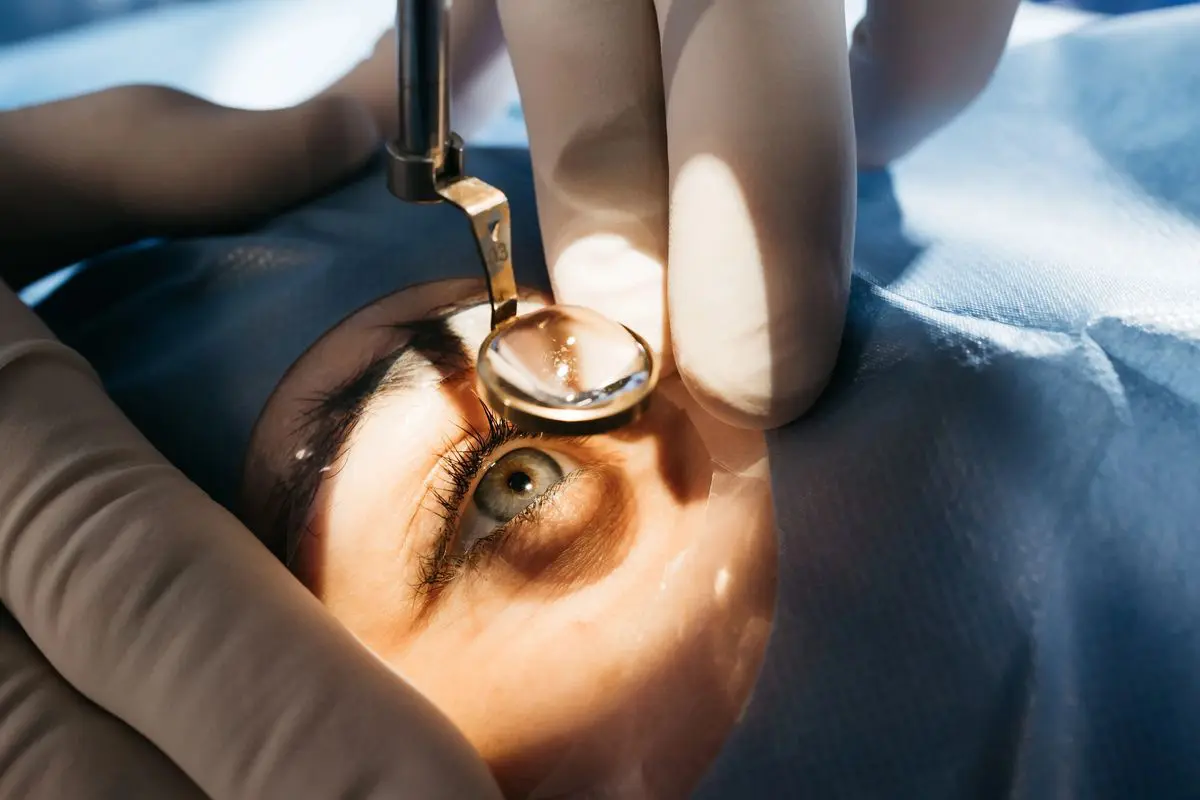
After myopia surgery, you need special eye care to avoid infection and delayed recovery.
Refractive surgery to correct myopia (including Phakic ICL, LASIK, SMILE, or PRK) can deliver crisp vision and free you from eyeglasses and contact lenses. However, those results are maintained only if you care for your eyes properly in the months after surgery. During this period the cornea and other ocular tissues are very sensitive and are prone to inflammation, infection, or complications if subjected to improper care.
The article below summarizes things you must absolutely avoid after myopia surgery, based on specialist postoperative eye-care guidelines, to help you recover quickly and safely.
DO NOT rub your eyes after myopia surgery
In the first 1–3 days after myopia surgery, the cornea is extremely sensitive. Rubbing your eyes can:
- Dislodge a corneal flap (with LASIK)
- Cause corneal abrasions
- Increase the risk of infection
- Slow visual recovery
Some people unconsciously touch their eyes while sleeping, so during the first 3 days you must wear a protective shield even while sleeping.
Even after one month, strong eye rubbing can still cause damage. Ideally, avoid touching your eyes with your hands for at least six months, unless you are instilling prescribed eye drops as directed.
DO NOT let water, soap, or cosmetics get into your eyes

Avoid getting water, soap, shampoo or other chemicals into the eye after myopia surgery
After myopia surgery, eyes must be kept in absolutely clean conditions. Tap water, soap, shampoo, and cosmetics can all carry bacteria that cause infection.
During the first month you should:
- Avoid splashing water directly on your face
- Do not wash your hair with your face bent forward
- Do not use mascara, eyeliner, or eye shadow
- Avoid sweat running into your eyes during exercise
If unclean water gets into your eyes, immediately use preservative-free artificial tears and monitor for any abnormal signs.
DO NOT use electronic devices too soon
Blue light and prolonged focusing on screens force continuous eye accommodation, causing dry and strained eyes — especially risky during the first week after myopia surgery.
- Day 1: rest completely; avoid reading, watching TV, or using phones
- Day 2: you may read briefly
- Days 3–7: use a computer for a maximum of 30 minutes at a time, then rest for 5–10 minutes
- During the first month: prefer soft lighting and avoid high-intensity visual tasks
It is especially important to instill artificial tears every 30 minutes to keep the eyes moist and reduce the risk of corneal inflammation.
DO NOT drive yourself immediately after myopia surgery
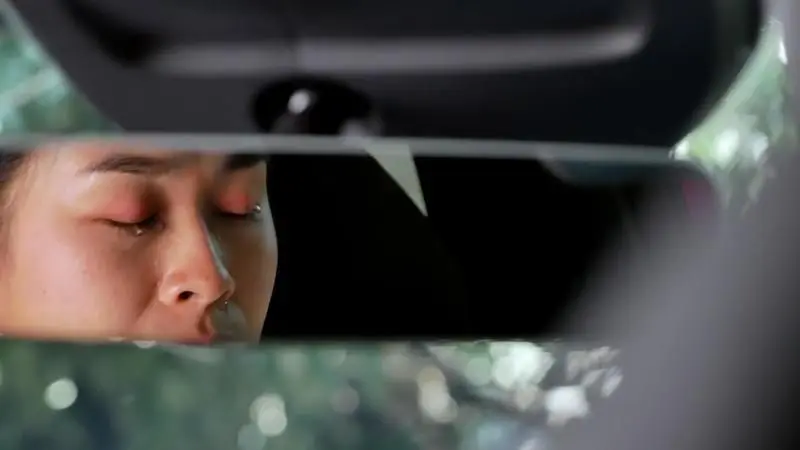
Immediately after myopia surgery, use a taxi or the hospital transport service to go home; do not drive yourself.
Right after surgery, vision is unstable and you may experience glare and mild blurring. Therefore:
- Do not drive yourself home after surgery
- You may drive short distances after 24 hours if your surgeon permits
- Avoid night driving during the first week to reduce glare and halos
Safety should be your top priority during the visual recovery period.
Avoid strenuous exercise, swimming, and contact sports
In the first month the eyes are vulnerable to strong impacts or contaminated water.
Absolutely avoid:
- Swimming
- High-intensity gym workouts
- Football, basketball, volleyball
- Martial arts, boxing
- Mountain climbing, long-distance running
Pool water contains bacteria and chlorine that can cause infection. Impacts in contact sports can displace a corneal flap or cause intraocular injury.
After one month you can resume most activities but still avoid heavy impact. If you work in high-contact professions (martial artists, athletes), consult your surgeon for individualized advice.
DO NOT expose your eyes to smoke, dust, or strong sunlight
Smoke and dust irritate the eyes, cause dryness, and increase infection risk. Therefore you should:
- Wear protective eyewear continuously for 1 month
- Take 1 week off work if your workplace is dusty or chemical-laden
- Wear sunglasses outdoors for the first 3 months
- Avoid direct sunlight exposure to the eyes
Strong sunlight can cause glare and dry eye, which negatively affects corneal healing.
DO NOT apply eye makeup
Cosmetics, mascara, eyelash glue, and eye creams contain ingredients that can irritate the eye. Additionally, makeup removal creates friction on the eyelids — this is extremely risky after myopia surgery.
Completely avoid eye makeup for the first 30 days to reduce the risk of infection.
Avoid alcohol, tobacco and stimulants
Alcohol and stimulants can:
- Delay wound healing
- Cause dry, red eyes
- Increase inflammatory responses
- Interfere with the effectiveness of eye drops
Avoid them for at least two weeks, ideally for one month.
Meanwhile, eat foods rich in vitamins A, E, C, lutein, and omega-3 to support corneal recovery.
DO NOT skip follow-up visits or stop medications on your own
Regular follow-ups allow your doctor to monitor:
- The corneal flap (with LASIK)
- Degree of dry eye
- Intraocular pressure
- Signs of infection
Some patients feel fine and stop their eyedrops prematurely — this is dangerous. Medications are prescribed in staged regimens and must be used exactly as directed.
DO NOT ignore any abnormal symptoms
After myopia surgery, if you experience any of the following symptoms, go to the hospital immediately:
- Severe eye pain
- Progressive blurring of vision
- Seeing flashes of light
- Persistent eye redness
- Unusually excessive tearing
- Persistent foreign-body sensation or burning
These may indicate infection, corneal edema, or other complications. After myopia surgery, careful avoidance and proper care directly determine long-term visual quality. Remember:
- First 3 days: absolute eye protection
- First month: avoid water, dust, cosmetics, and strenuous sports
- First 3 months: no swimming, no sauna
- First 6 months: avoid rubbing eyes and strong physical impacts
Myopia surgery yields the best outcomes when you strictly follow postoperative care instructions. If you want to learn more about refractive treatment options or need postoperative consultation, visit a reputable ophthalmology clinic for personalized guidance.

 vi
vi 19-Nov-2025
19-Nov-2025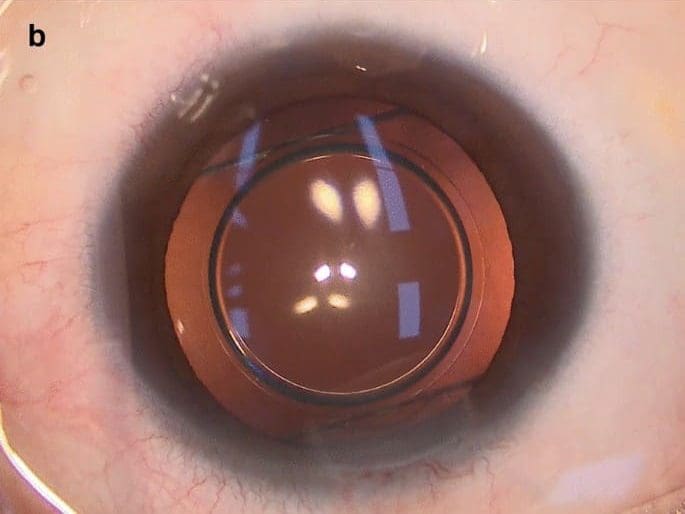

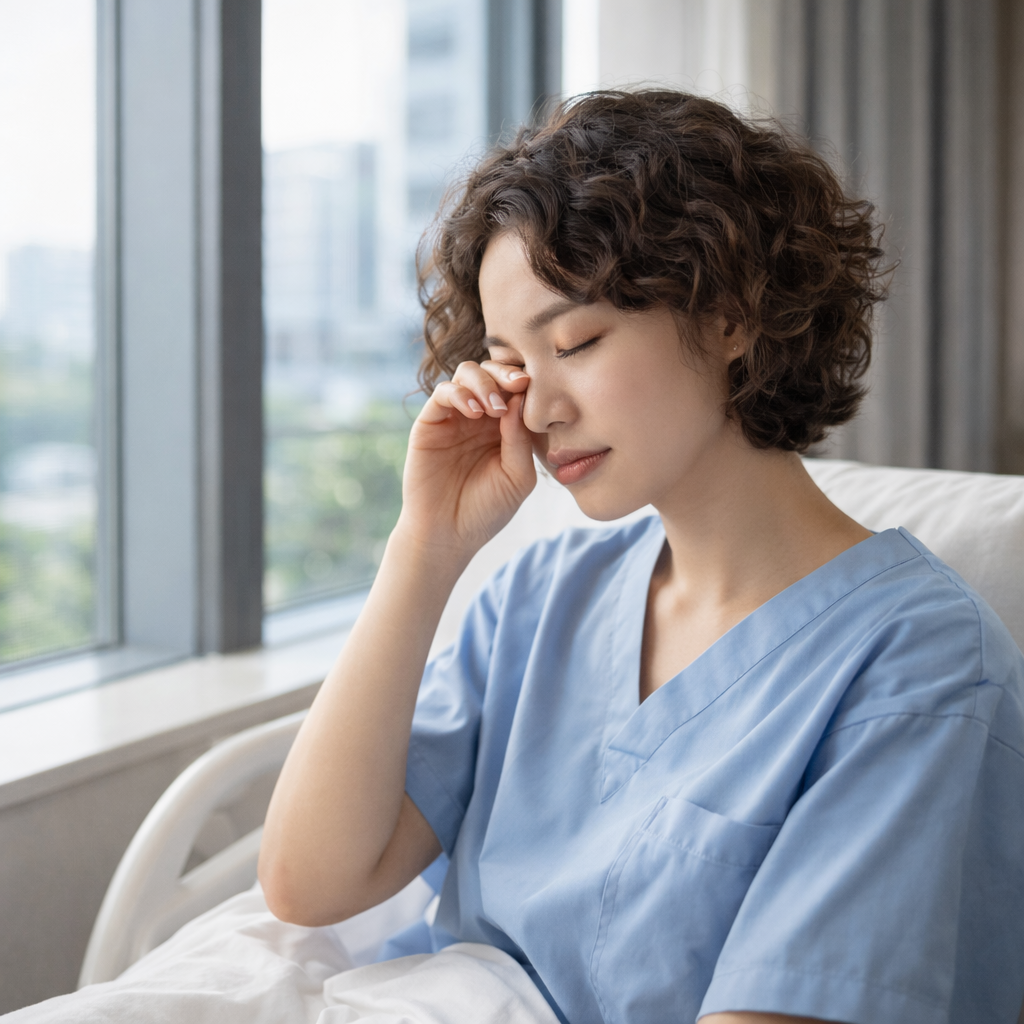
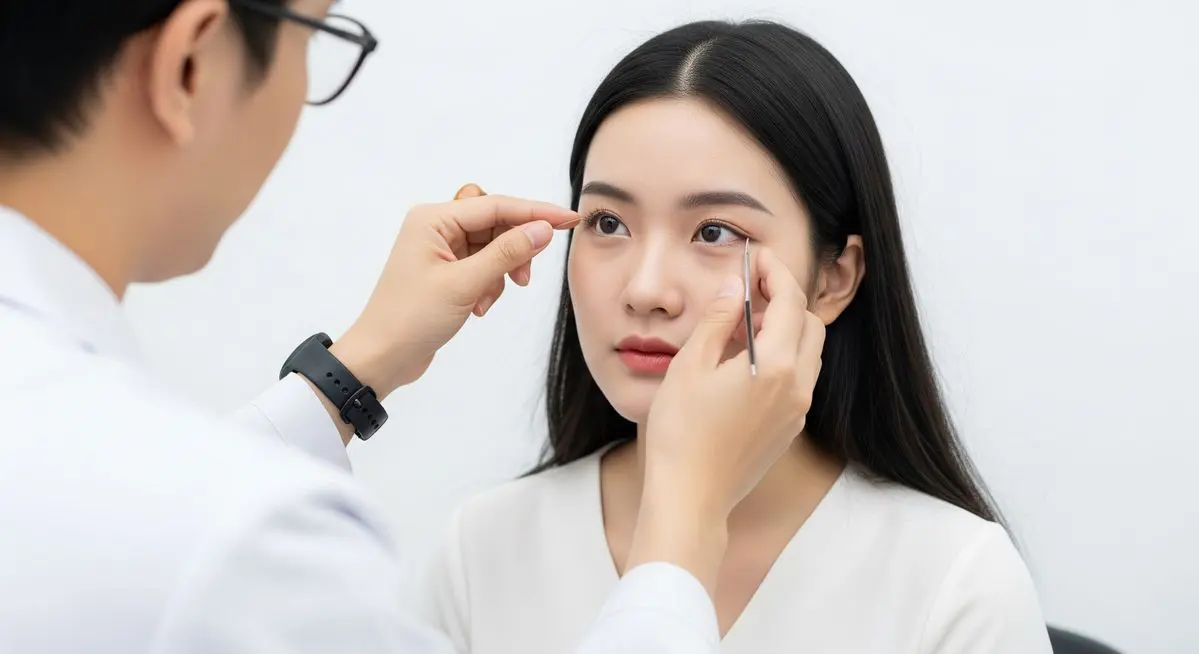
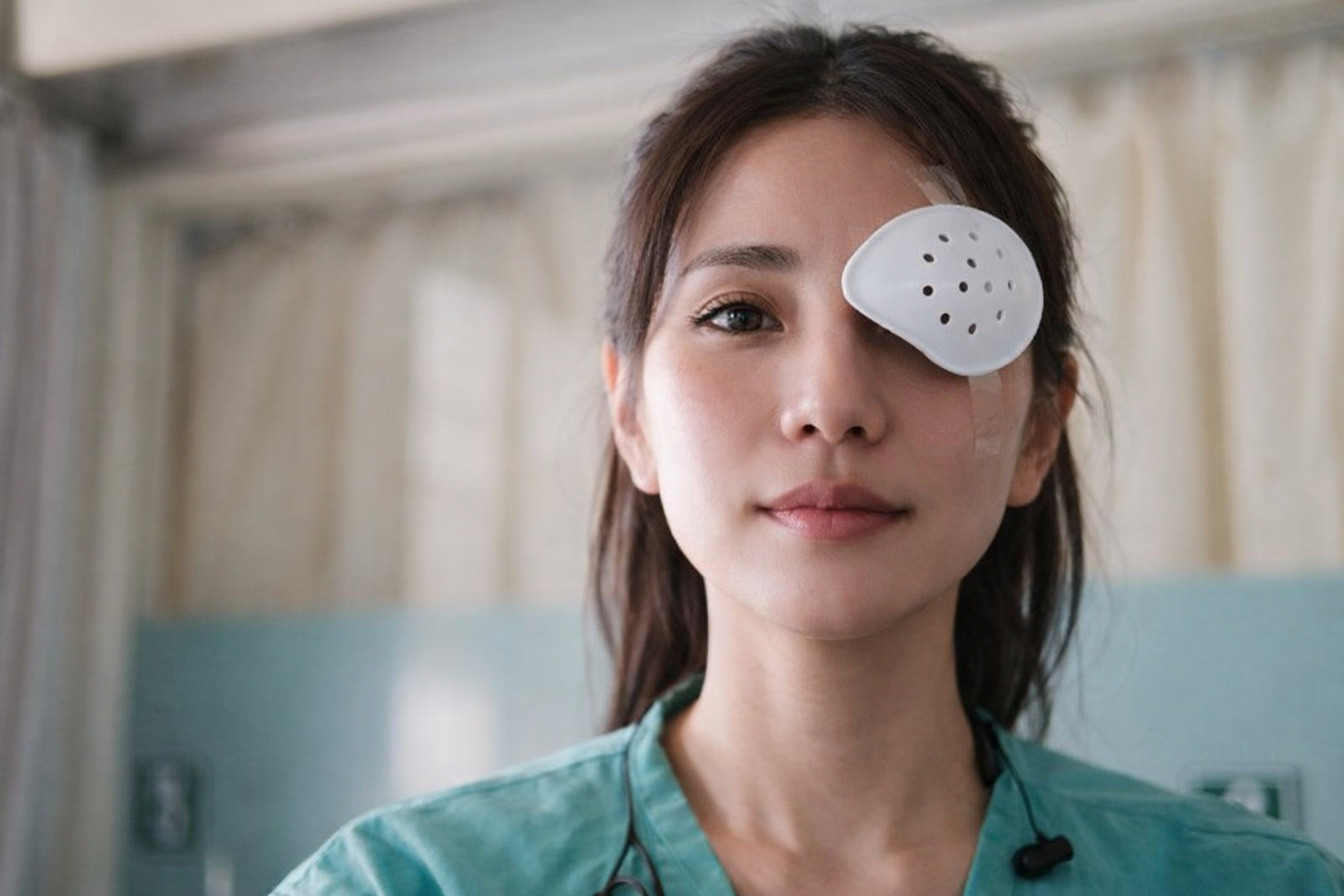




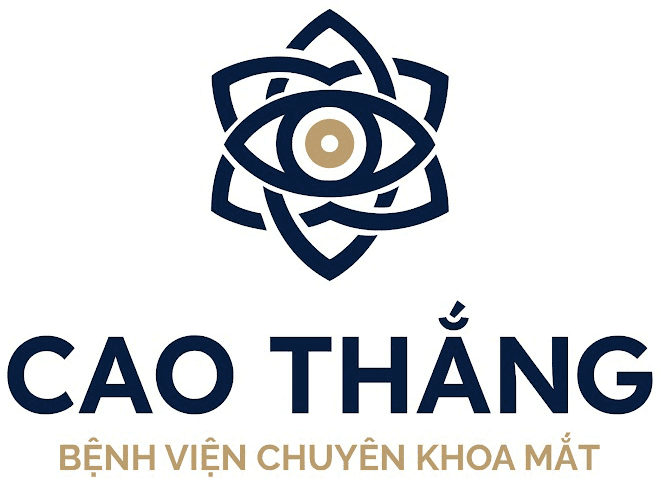
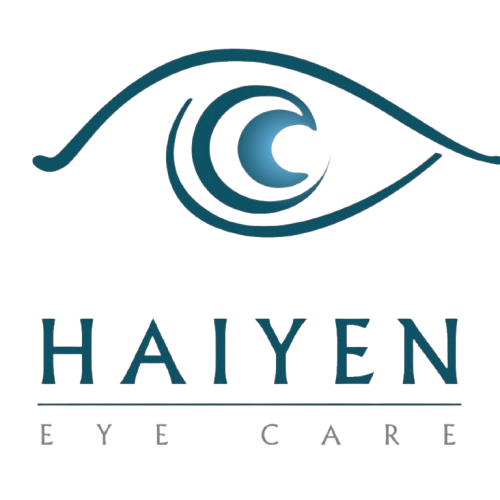



 0916.741.763
0916.741.763 Appointment
Appointment